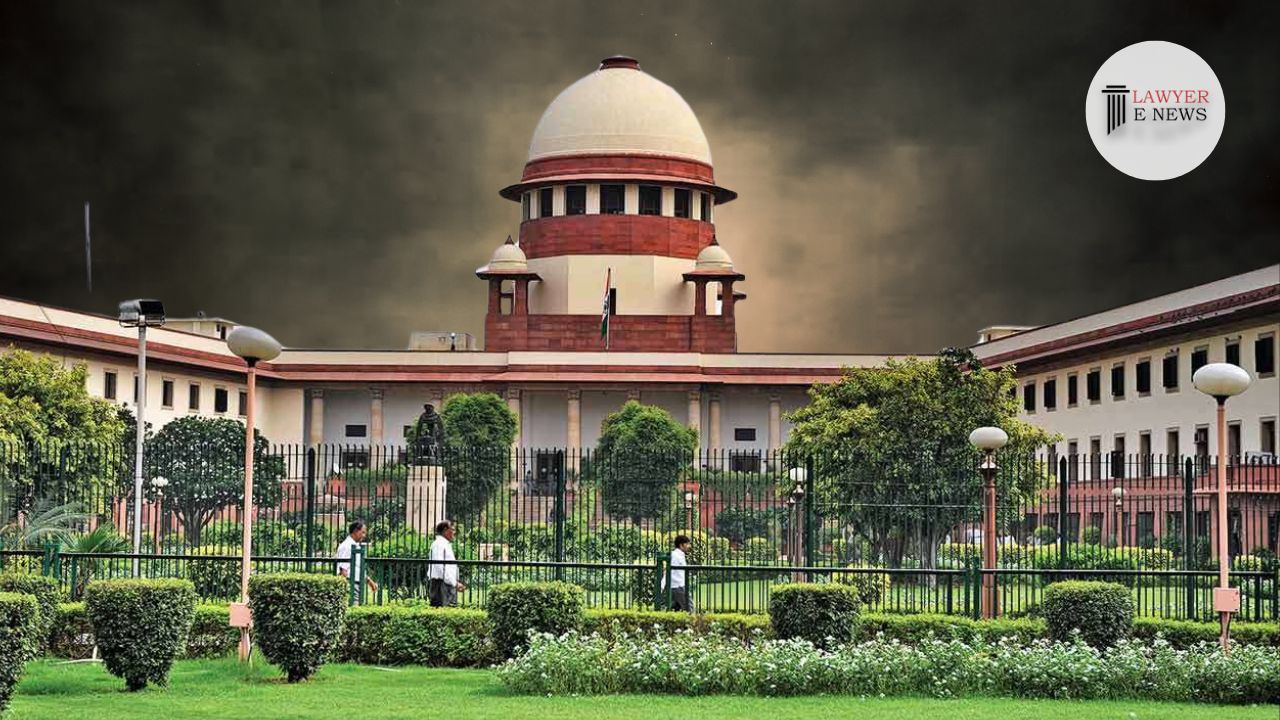-
by sayum
14 February 2026 2:22 PM



In a significant judgment, the Supreme Court of India has granted relief in a longstanding land dispute case, ruling that the amendment of the plaint in the matter was not barred by limitation. The case, Civil Appeal No. 4471 of 2010, involved a dispute over the ownership and possession of a piece of immovable property.
The appellant, Sri. K.M. Krishna Reddy, had filed a suit for a perpetual injunction in relation to the property, claiming exclusive possession based on a family settlement executed in 1993. The respondents, Sri. Vinod Reddy and another, contested the suit, asserting that they had perfected their title to the property through adverse possession.
The crucial issue before the Supreme Court was whether the appellant's amendment of the plaint, which included a prayer for a declaration of ownership and possession, was barred by limitation. The High Court had held that the amendment was time-barred, leading to the dismissal of the suit.
However, the Supreme Court, in its judgment delivered by Justice Abhay S. Oka, disagreed with the High Court's decision. The Court observed that the amendment was not barred by limitation, as there was no dispute about the appellant's title to the property. The respondents had admitted the appellant's father's ownership of the property, and the suit was founded on title.
The Court clarified that in a suit for a perpetual injunction based on title, there was no need for the plaintiff to claim a declaration of ownership unless there was a dispute that clouded the plaintiff's title. In this case, no such cloud existed, and the only issues were possession and adverse possession.
The Supreme Court's judgment partly allowed the appeal, setting aside the High Court's decision. It remanded the case to the High Court with directions to frame additional substantial questions of law and prioritize the disposal of the Regular Second Appeal No. 1361 of 2007.
The Court concluded by highlighting the need for timely resolution of the case, given its long pendency, and scheduled a hearing in the Karnataka High Court on October 30, 2023.
This judgment serves as a significant legal precedent in cases involving property disputes and the amendment of plaints, providing clarity on the issue of limitation in such matters.
Date of Decision: October 06, 2023
SRI. K.M. KRISHNA REDDY vs SRI. VINOD REDDY & ANR.
